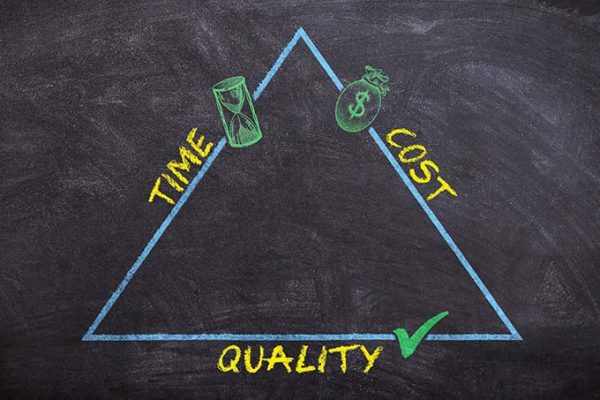Support for SME during uncertain Times
The Small to Medium Enterprise ( SME) sector of the New Zealand economy makes a significant contribution to the nation’s economy – 97% of all businesses are SME ( 1-5 employees), 630,000 people are employed by the sector, this is 29% of all employees, and they generate 28% of NZ GDP
These are publicly available statistics from prior to Covid so will be different now – but whichever way you look at it, the SME sector is a vital ingredient to a flourishing New Zealand economy.
Many SME owners are very passionate and highly skilled at what they do (think vets, nurses, sparkies, tourist operators etc ) – but are often not so good at running a business. They have never been trained into the basics of running an enterprise. Schools in NZ do not provide any insight into running a business, NZ tertiary institutions also do not give any training on running a business, at work education (the Industry Training Organisation sector, ITO) does not cover the skills required to running a successful business.
For all the money, advice and knowledge that is available through various sources training for this critical business group falls through the cracks; Central Govt does not understand the SME sector, government advisors (Wellington Beltway) are well-intentioned but work at a higher level, the local government say it is not in their remit, Universities wouldn’t lower themselves, technical colleges are disinterested, ITO sector do not have SME efficiency as their remit and the big consultants are generally after the big money.
For the past decade, I have been based in Queenstown working with this same sector – supporting, advising, mentoring. Every day I find basic weaknesses in the way businesses I work with are run – planning, systems, marketing, costings, customer experience, operations, etc.
There are numerous sources of support with good intentions, excellent information, financial support and expertise but for an SME, it is hard to find, it’s not streamlined, co-ordnated and there is overlap, poorly targeted and often woefully presented and lack of funds at key parts of the journey.
In summary. The SME sector is critical to this country’s economic prosperity and there is a desperate need for a formalised and nationally recognised small business qualification. I continually get feedback from a variety of support services to this sector such as banks, lawyers, accountants, HR, marketing and IT firms, all saying that there is a need for a Level 4 (or higher) Diploma to provide small business owners with the skills, knowledge and support to be more productive and profitable in their businesses so they can operate better, build greater equity in the business and have a life/work balance at the same time.
If we had a small business qualification we would see improved productivity in the SME sector, increased employment, reduce business failure, reduced mental health issues, less strain on the life /work balance etc. Statistics published by Govt could measure success against KPI’s such as greater profitability, greater employment, and a reduction in business failure etc.
A significant result could be the creation of an SME Qualification that could be exported around the world which would create a new stream to the New Zealand Education Export industry
What do you think?
Get in touch to share your comments.

Robin Martin
P.S. This article is part of my Secrets of Success series, aimed at helping business owners and entrepreneurs with some of the key components of business success. The insights I wish I’d had at the start of my business career. I hope that by passing on these little gems of knowledge I can give you some support and help you along the pathway to growth and prosperity.







